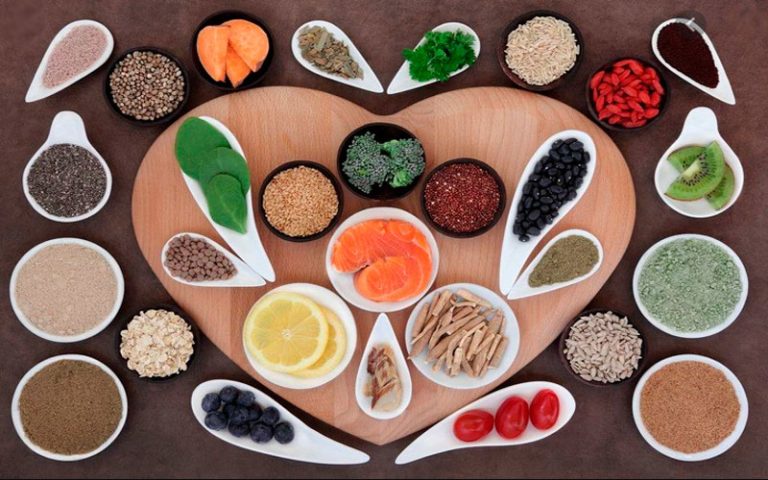Dubai
English
Request a call

Diet and exercise do not allow you to achieve the desired results, and your weight has plateaued? By understanding what metabolism is and how to kickstart it, more calories will be burned even during rest and sleep, the process of losing excess weight will accelerate, and your body will acquire beautiful contours faster.

What You Need to Know About Metabolism?
To sustain life, various chemical reactions constantly occur in the body, which are called metabolism. Thanks to this process, the nutrients that enter the body with consumed food are transformed into energy used by the body for digestion, blood circulation, breathing, movement, as well as for restoring damaged cells and tissues. To understand how to speed up metabolism if weight has stalled, it is necessary to know the main factors on which the rate of these processes depends. These include the following:- Improper nutrition. The diet should be balanced, food should be consumed regularly in small portions, following a certain routine. Strict diets and consumption of unhealthy foods cause stress to the body, leading to active calorie storage for reserve.
- Frequent stressful situations. The nervous system becomes overly strained, which leads to a slowdown of metabolic processes. In a state of stress, calorie burning significantly decreases.
- Strict dietary restrictions. In the pursuit of quickly getting rid of excess weight, we go on a rigid diet, greatly limiting the consumption of certain foods and reducing portions. But this can lead to the opposite effect, when the weight not only does not decrease but also increases. When the body experiences a lack of food, which is a source of energy, it begins to store calories more actively, resulting in fat deposits. To lose weight, it is necessary to reduce the caloric content of food and also lead an active lifestyle to accelerate calorie burning.
- Lack of quality sleep. Due to insufficient rest, weight begins to increase, caused by a slowdown in metabolic processes in the body. During nighttime sleep, the body restores processes; if rest is insufficient, mechanisms to support the functioning of internal organs and systems are triggered, storing calories. To improve metabolism, sleep should be 7–8 hours.
- Insufficient physical activity. When a person leads a sedentary lifestyle, excess weight quickly accumulates. Due to a passive state, metabolism slows down because the body does not expend large amounts of energy. A small number of calories is consumed, which leads to their accumulation in the form of fat deposits, and muscles atrophy.
- Heat indoors. At excessively high indoor air temperatures, metabolism slows down. If rooms are cool, subcutaneous fat tissue consumes significantly more calories.
- Lack of water in the body. For metabolism to be complete, one needs to drink about 2–2.5 liters of water per day. This may include still water, tea, compote, fruit drink, or freshly squeezed juice.
- The presence of bad habits. Metabolic processes in the body significantly slow down, and metabolism worsens when a person smokes and consumes alcoholic beverages.

How to speed up metabolism for women and men?
The following recommendations will help to activate metabolic processes:- More physical activity. The simplest way to accelerate metabolic processes. The metabolic rate will increase if you regularly engage in sports, yoga, fitness; fat deposits will rapidly decrease.
- Proper sleep. For health and well-being, quality sleep of 7–8 hours is necessary. Thanks to this, endogenous hormones that accelerate metabolic processes will be produced in the body.
- Limiting sweets. With an excess of sugar, the body produces more insulin, which slows down metabolism.
- Protein foods in the diet. Foods rich in protein help speed up metabolic processes. Dairy products especially have a positive effect on metabolism.
- Tea and coffee. Consuming green tea or coffee (one small cup a day) helps accelerate calorie burning.
- Cold drinks. To heat a liquid, for example, cold juice or tea, the body needs to spend extra calories. A glass of ice water significantly speeds up metabolism.
- Walking. A moderate pace of walking is a simple and effective method to boost metabolism and lose weight. To improve metabolic processes in the body, it is necessary to walk at least 7–8 thousand steps per day.
- Intimate life. During sex, emotional state improves, stress is relieved, and calories are burned.

How else can metabolism be increased? With the help of special metabolics, metabolism and energy in the body are normalized, and the balance of substances that come from food is restored. Such supplements include vitamins and antioxidants, detox compositions, micro- and macroelements, amino acids, proteins, enzymes. But not all remedies that boost metabolism are safe for health, because their use can lead to hormonal imbalance, and many of them have side effects. Therefore, when deciding to take metabolics, it is recommended to consult a doctor. It is also important to remember that the safest way to speed up metabolism is sufficient physical activity and a balanced diet.
Our website features the following popular types of services:

Fill out the form to book your consultation.
Your personal manager will contact you within 10 minutes and arrange a convenient time for your visit.












